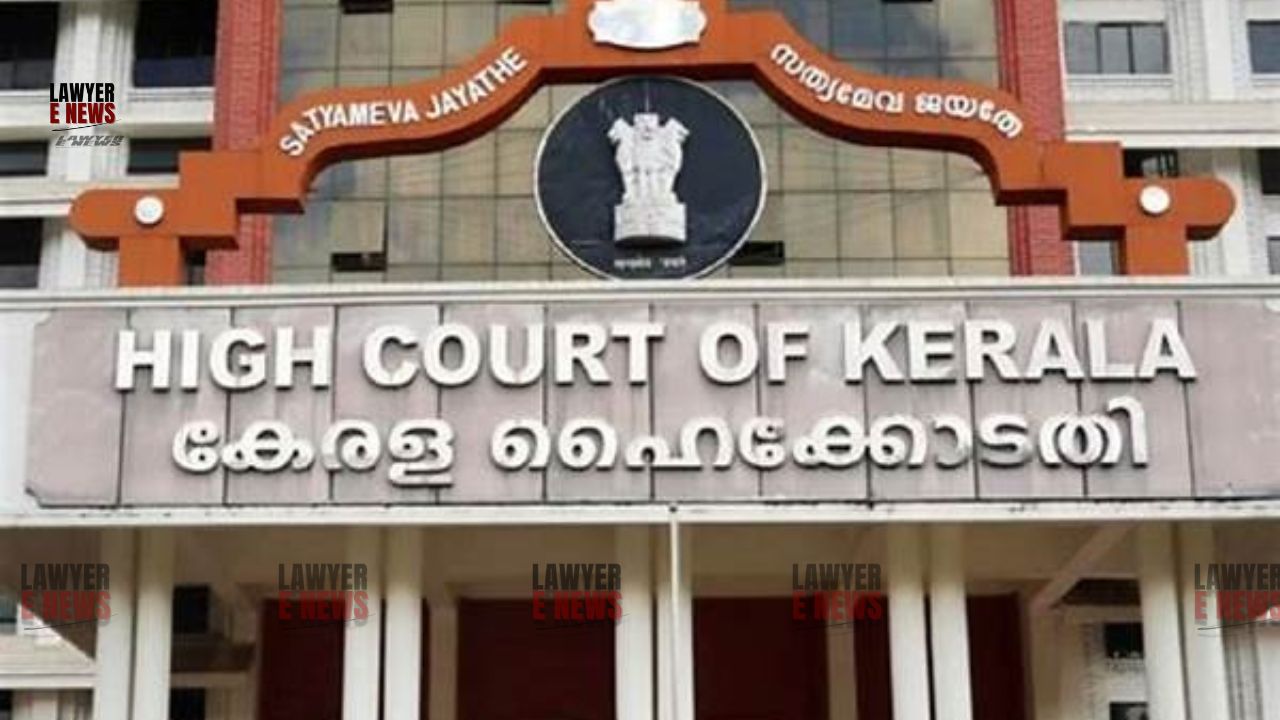-
by sayum
14 February 2026 2:22 PM



High Court granted bail to the accused involved in a software development fraud case. The petitioners were charged under Sections 120B (criminal conspiracy), 406 (criminal breach of trust), 420 (cheating), and 34 (common intention) of the Indian Penal Code, along with Sections 103 and 104 of the Trade Marks Act, 1999. The court observed that custodial interrogation was unnecessary as the petitioners agreed to cooperate with the investigation.
The case originated from a complaint lodged by the de facto complainant, alleging that the accused collected ₹19,00,000 to develop and deliver software but failed to do so. As a result, Crime No. 1420/2023 was registered by the Ernakulam Central Police Station. The accused, fearing arrest, filed for anticipatory bail following the grant of bail to a co-accused in July 2023.
The primary legal question was whether the accused should be granted bail, given the nature of the charges. The prosecution argued that the accused were not cooperating with the investigation, while the defense emphasized the petitioners’ willingness to comply with the authorities.
Justice Ziyad Rahman A.A. granted bail to the accused with several conditions. These included:
Surrendering before the Investigating Officer within three weeks.
Being released on bail the same day upon furnishing a bond of ₹1,00,000 each with two sureties.
Cooperating with the investigation, including appearing for police interrogation and refraining from contacting witnesses.
Conclusion: The court's decision highlights the balance between ensuring cooperation with the investigation and safeguarding the rights of the accused, particularly in cases where custodial interrogation is deemed unnecessary.
Date of Decision: October 14, 2024
Muralidharan N. & Anitha C. v. State of Kerala
